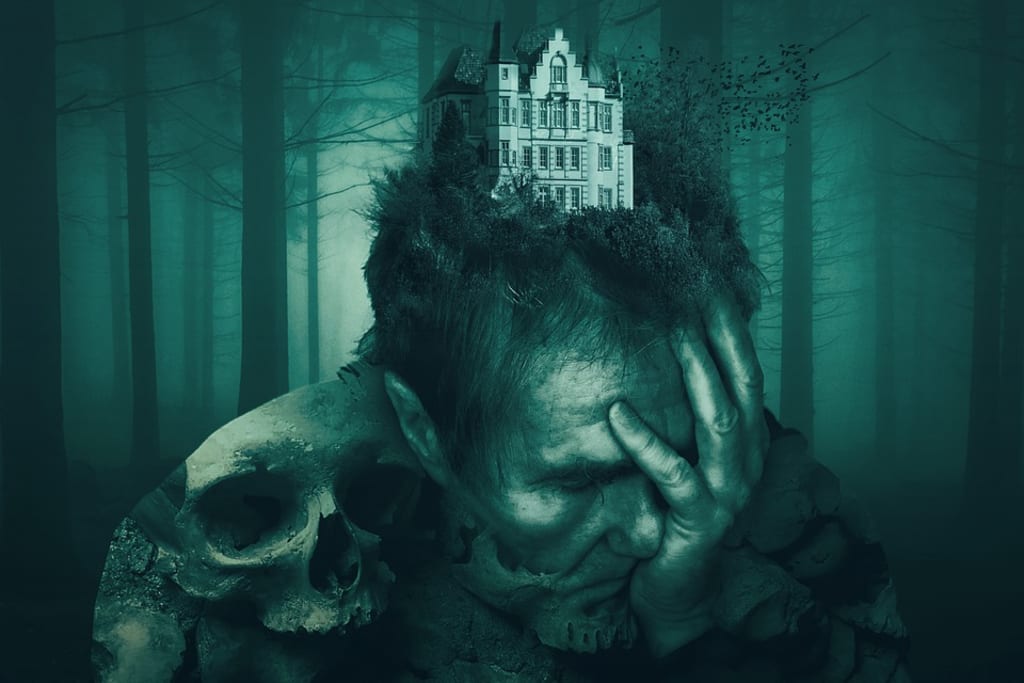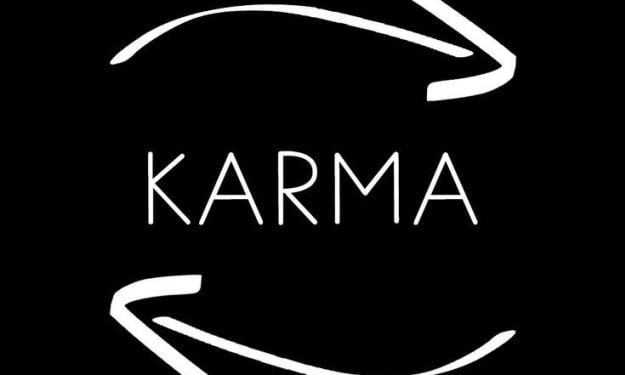
All my life. That's how long I have struggled with my own personal depression issues. It wasn't easy to figure out and didn't take until I was almost 30 to figure out. That's how hard it is to actually diagnose depression. A lot of people wont talk about it because of that. There's many reasons that people either wont talk about it or try the best they can to hide it. Some of those reasons include:
* Mis-diagnosis: This is the biggest issue with depression. Especially in kids. The symptoms of depression can also be associated with other issues like ADD/ADHD. Because their symptoms are so similar many doctors assume this is the issue.
* Generation/How They Were Raised: Older generations were raised on the principle that you never let others see you weak. Weakness means you're less of a person. While we now know this isn't true it was the mantra of the past. If you try explaining to those raised in that manner they will simply tell you to stop complaining or that there's no reason for you to be depressed.
* No Support: A lot of people have little to no support on issues of depression. This could be that others simply find it too much of a burden to be bothered with helping or that they themselves are secretly dealing with the same issues and once faced with having to deal with it, they run away. It may also be that an individual does not know how to find the right help or resources and even searching the web can cause their anxiety to go up.
* Ignorance/Acceptance: A person can claim two opposing sides of the spectrum. Either they choose to ignore it and keep moving on or they become so drowned in it that they can't find a way out.
Depression is something that everyone, at some time or another, has dealt with. The difference is some people are depressed in feelings alone. Others are depressed because of actual medical issues such as genetics, complications at birth, neurological issues, traumatic history, etc. These individuals are unable to simply "Pick yourself up and keep moving". They require medical help to try and maintain any normalcy they can find. This could be through medication or therapy or a combination.
So how does one know if they have depression? There are a lot of different types of depression and they are as unique as the people who have them. Some may only have anxiety while others may experience the full gambit of symptoms. The simple list of symptoms are:
* Anxiety
* Mood Swings
* Agitation
* Extreme Lose or Gain in Sleep or Appetite
* Disinterest/Seclusion
* Social Anxiety
* Disturbing thoughts
* Self Harm
* OCD (Obsessive Compulsive Disorder)
Now let's talk about other issues that are part of depression, but many people overlook:
* Depersonalization Disorder or DPD is when a person feels detached from both themselves and the world around them. They can feel as though their thoughts, feelings and even body are not their own. This includes not being to look at their own reflection or even having out of body experiences. They have issues with seeing the world around them. As if they're in a fog or surreal situation. This disorder is usually caused by some sort of trauma. It could be early abuse, extreme stress or even drug abuse. This is a neurological and hormonal disorder, but not necessarily a genetic one.
* Object Displacement Disorder or ODD is when a person completely forgets or is unaware of an object or person until that object or person re-introduces itself. For instance say you bought a bag of vegetables at the store and since there was no room on the fridge shelves you put it in the drawer. Three weeks passes and you happen to be looking for something else when you open the drawer and realize you had put the vegetables in the drawer and they're all bad now. Even more startling is that you had bought more vegetables which were in plain sight and completely forgot about the initial vegetables since you could not see them. This is also called the "Out of sight, out of mind" disorder.
* Unipolar Disorder is when a person looks physicaly upset or distressed all the time. Sometimes this is confused with Parkinson's disease, but they are different. This disorder can become so extreme that people neglect everything including themselves, family or animals. They also may refuse to eat.
* Insomnia is when a person is unable to sleep or may have irregular sleeping patterns. Their body is wanting to fall asleep, but their mind is unable to put itself in rest mode. This can be caused by stress, trauma or changes in brain function. Many people suffer from insomnia in some form and it is a co-habitational disorder for depression.
* Bipolar Disorder is another extreme issue that is apart of depression. This can cause irregular sleep or eating patterns, extreme and quick changes in mood and even cause physical pains to a sufferer. It may also cause a person to feel and/or say they are worthless. Extreme irritation can happen which can then cause a person to become irate. They are easily triggered by small things rather than larger issues.
* Mania is when a person experiences sudden bursts of productivity which can then lead into anxiety. The best way to describe this would be the famous "I Love Lucy" scene where Lucy and Ethel start work in a chocolate factory to wrap candies. The clip for that is below.
These are just some of the co-habitational disorders that can exist with or along side depression. There are many others out there. To be properly diagnosed you would have to first take a complete psychological evaluation. I say complete because there are many facilities who will only do a partial screening to make an assessment. If you have a healthcare provider they can set one up for you or you can ask any of your local major hospitals or psychiatric facilities if they offer a full screening. This not only helps in determine what disorders you have, but also allows for a paper trail if you should need it for any legal aspect of your life. Even if you don't suffer from a disorder it is always advised to take a full psychological screening to asses your mental health and ensure that it's in good working order.
As always if you feel as though you may hurt yourself or someone else please call the National Suicide Prevention Line at 1-800-273-8255
About the Creator
L. A. Davis
Author of Eternal Struggle: Tainted & Eternal Struggle: Guardian
Insta: @garnettorri
Twitter: @AuthorLADavis
Novella Site: https://ildemonico.wixsite.com/eternalstruggle






Comments
There are no comments for this story
Be the first to respond and start the conversation.